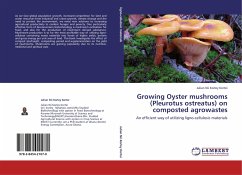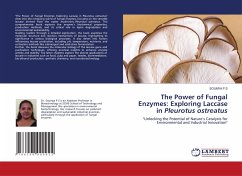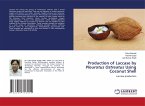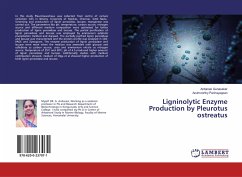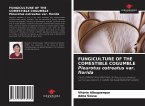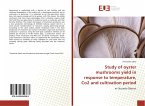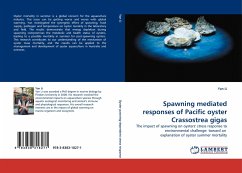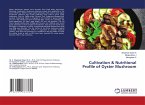As we face global population growth, increased competition for land and water resources from industrial and urban growth, climate change and the need to protect the environment, we need new solutions to increasing agricultural productivity to combat hunger and poverty. One particularly effective form of bioconversion biotechnology is mushroom cultivation for food, and also for the production of mushroom derived substances. Mushroom production is so far the most profitable way of utilizing ligno-cellulose containing waste materials into foods of higher yields, protein and gross energy per unit area of land. This book investigates the effect of compost size/height, composting period and supplementation on the yield of mushrooms. Mushrooms are gaining popularity due to its nutritive, medicinal and spiritual uses.
Bitte wählen Sie Ihr Anliegen aus.
Rechnungen
Retourenschein anfordern
Bestellstatus
Storno

